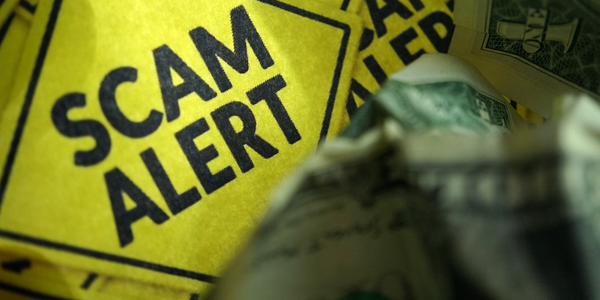Published on
01/14/2025

The Quick Response code, or QR code, has become a way of life in society. However, this has made it tempting for criminals to create some QR Codes of their own. Probably everyone has seen them at gas stations, restaurants, paying for public parking, etc, but scammers are finding easy ways to hide harmful links in those codes.
Ways to Protect Yourself
- If you see a QR code in an unexpected place, inspect the URL before you open it.
- Don’t scan a QR code in an email or text message you weren’t expecting, especially if it urges you to act quickly.
- Verify the source of the QR code. If in doubt, go to the official website of the company or government agency “sending” you the QR code.
- Protect your phone and accounts with updated software, strong passwords and multifactor authentication.
- Install a QR scanner with added security.
- Be wary of any site that asks for personal information, login credentials or payment.
What to Do When Scammed
If you believe you have been targeted by a quishing (QR Code phishing) scam, contact the police non-emergency number at 703-691-2131. Then, file a report using the Financial Crimes Information and Online Reporting System (FiCOR).
Additional Resources
- Silver Shield Anti-Scam Campaign – The Silver Shield Campaign helps residents avoid being scammed by sharing information about active scams targeting older adults.
- Fairfax County Consumer Affairs Branch – Consumer Affairs assists residents by responding to advice inquiries and providing mediation and arbitration support.
- Scam Slam Audio Series – This podcast series keeps you informed of the latest scams happening locally.
- National Association of Bunco Investigators' cons and scams list.



 SIGN UP FOR DAILY EMAIL HEADLINES
SIGN UP FOR DAILY EMAIL HEADLINES